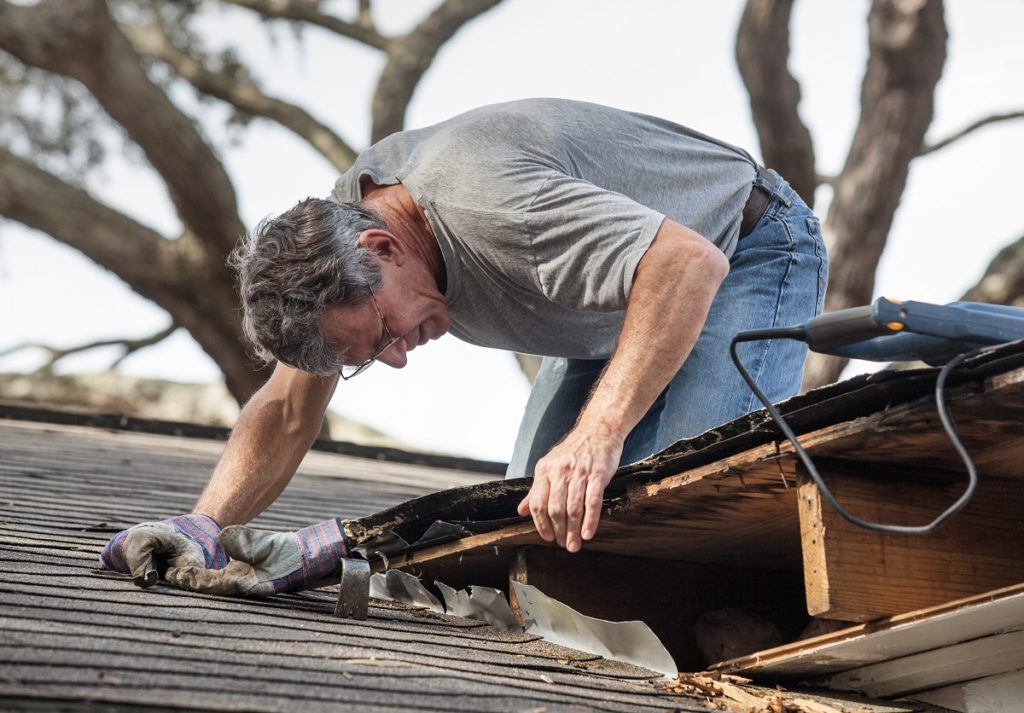Contrary to what you see on reality TV shows, flipping houses is not as easy as they paint it out to be. There are certain things that these shows don’t tell you about the business.
10 Important Things You Need to Know When It Comes to Flipping Houses
-
Hire a professional inspector
If you’re relatively new to real estate and don’t know a thing about construction, you might not know how to spot major defects in a property whether it has to do with electrical wiring or a faulty foundation. Get the services of a professional inspector before buying any property. This will save you thousands of dollars on repairs and upgrades.
-
Obtain building permits
You also need to obtain building permits from the local city engineer’s office before you start any renovation or remodeling work on a property. Some banks and mortgage companies won’t approve any loan, such as a USDA loan, for renovated properties that don’t have the supporting documents stating that the project has complied with the local codes.
-
Familiarize yourself with the neighborhood
When it comes to selling houses, location usually plays a huge factor in whether a potential buyer will push through with the transaction or not. Take time to know more about the neighborhood and what it has to offer.
For instance, if you’re selling a property directed towards young families or couples looking to start a family, you need to look for a property in a safe neighborhood that is conducive to raising a family.
-
Get a real estate agent
 Whether you’re looking to buy or sell a property, hiring a real estate agent will work to your advantage because they know the ins and outs of the business, they know how to negotiate, and they know the market very well.
Whether you’re looking to buy or sell a property, hiring a real estate agent will work to your advantage because they know the ins and outs of the business, they know how to negotiate, and they know the market very well.
-
Manage your expectations
Just because you decided to enter the real estate business doesn’t automatically mean that you’re going to hit the jackpot every time. House flippers aren’t always guaranteed profit. According to Time Magazine, 12% of investors either took a loss or broke even at best. While you may have a few good transactions, manage your expectations that there will also be non-favorable ones.
-
Don’t overdo home improvements and updates
Understandably, it’s a lot cheaper to buy homes that are slightly in need of some good loving. However, if you decide to make improvements, don’t go overboard. The simple logic here is the more you spend money on upgrades, the higher the price you’ll give the house for you to earn a decent profit. Not all buyers are willing to dish out that much money.
USNews.com says that some of the most successful houses flippers only stick to basic features and essential repairs on fixer-uppers. You might want to follow suit.
-
Get the right professional
services
Perhaps you’re pretty handy with some tools and you know a thing or two about home improvements. While it’s always a good thing to DIY it to save money, know your limits, too. For jobs that you’re not familiar with, leave it to the pros.
It’s better to pay for their services at the onset of the project than to attempt to do things on your own, mess it up, and then have to pay for the experts to fix the mess you created.
-
Don’t ignore the landscape
Never underestimate the power of a property’s curb appeal. It is the very first thing that will catch a potential buyer’s attention. If you want to make a good first impression, you need to get some landscape work done. Trim the hedges, mow the lawn, and get rid of debris and other visually unpleasant things from your exteriors.
-
Have a plan B in place
House flipping — real estate, in general — is a volatile market. You can never be 100% certain what tomorrow will bring. If the market in your area takes a nose dive, having a back-up plan will make it less scary and a lot easier to manage.
-
Do not quit your job
Lastly, until you’ve established a good track record of flipping houses and have earned a decent profit out of each transaction, do not resign from your regular job. As mentioned, the real estate market is volatile. You need to maintain a steady source of income that will sustain you and your business endeavors.
House flipping is a fun and exciting industry to be in, provided you do it right. Do your own research and ask the right people the right questions. Learn as much as you can so you can make well-informed decisions so you don’t waste your hard-earned money.











